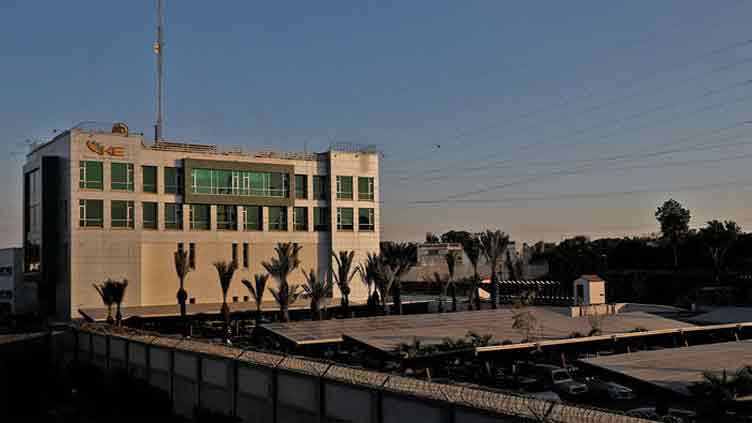K-Electric is producing expensive electricity by not shifting to cheaper alternatives

Business
Insistence on not diversifying energy mix comes despite repeated reminders from Nepra
ISLAMABAD – The K-Electric isn’t ready to diversify its energy mix and generate electricity from cheaper sources, resulting in higher prices for consumers at a time when rising costs of living have made the people’s miserable.
This approach means that not only the electricity prices are higher for the K-Electric consumers but also the products produced by the industrial sector are also expensive thanks to the increase in cost of production – an effect that is dampening domestic demand amid reduced purchasing power but also adversely impacting the exports.
Previously, the K-Electric was known as Karachi Electric Supply Company (KESC) – an entity established in September 1913 serving three purposes of power generation, transmission and distribution for the city and the surrounding areas. Later, the government nationalised the entity in 1952.
However, the KESC was privatised in 2005 and rebranded as K-Electric in 2014. It covers Karachi as well as Lasbela – a district in Balochistan, which borders Karachi [Sindh].
Documents show that the K-Electric has failed to opt for cheaper alternative energy sources and didn’t paid attention to the repeated reminders issued by the National Electric Power Regulatory Authority (Nepra), the sole body for the oversight of the affairs related to electricity generation, transmission and distribution – the tasks carried out dozens of entities involved in the process.
Read more: Can Nepra refuse power tariff hikes? Will it protect consumers against govt inefficiency?
Hence, this intentional approach means the share of alternative energy sources in the K-Electrics energy mix is just 2.4 per cent, showing its poor performance.
The K-Electric’s policy is in complete contrast to the fact that diversification of energy mix automatically slashes the generation costs and thus the electricity prices for the end consumers – raising serious questions about the motives behind this insistence.
Read more: What is FCA? Central Power Purchasing Agency wants it at Rs3.55 for Oct
At the same time, experts have pointed out the fact that the use of expensive power generation sources translates into higher fuel costs adjustment (FCA) – an exercise carried out by the Nepra everything month.


